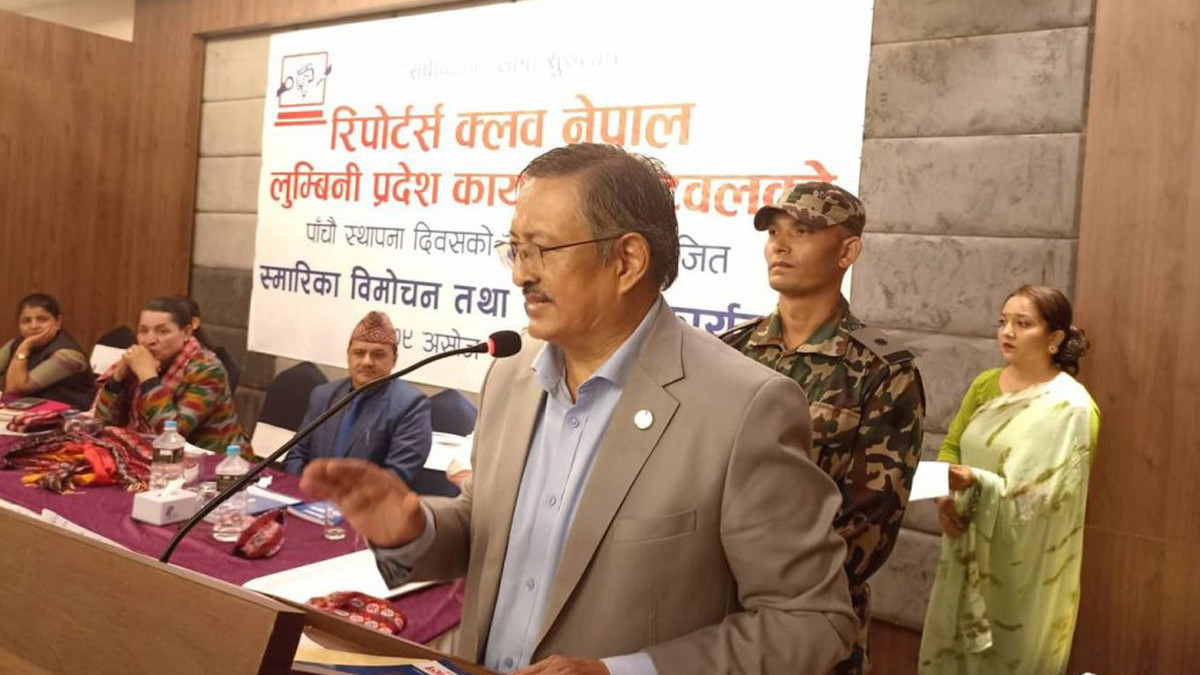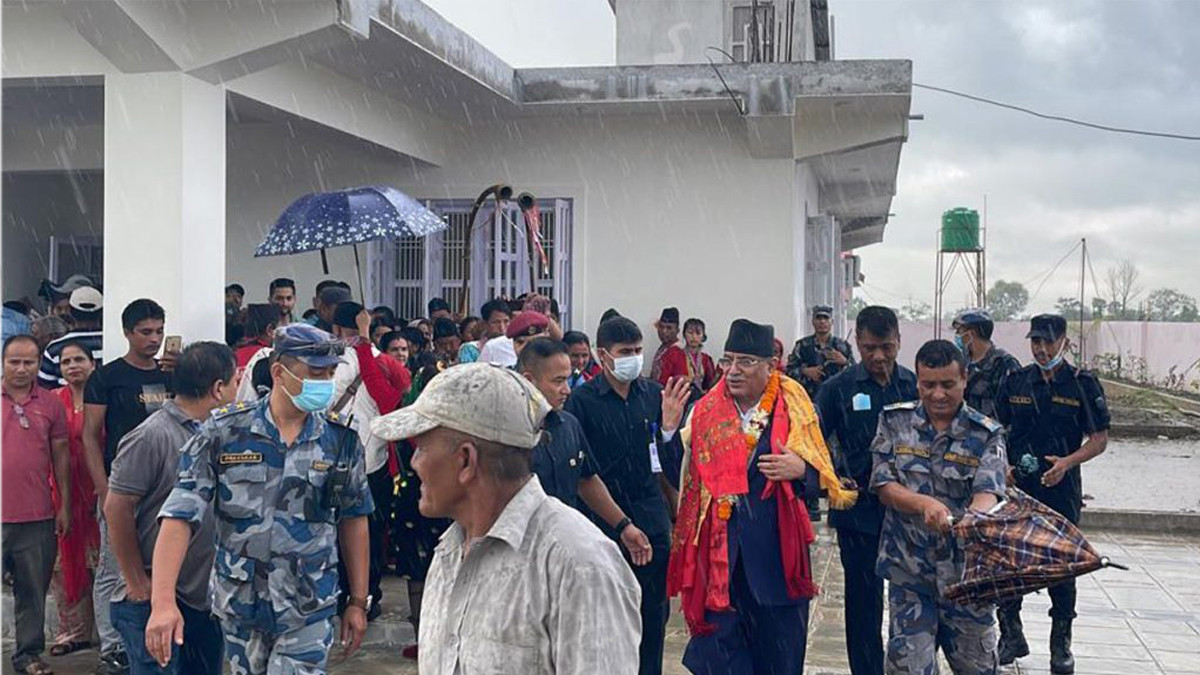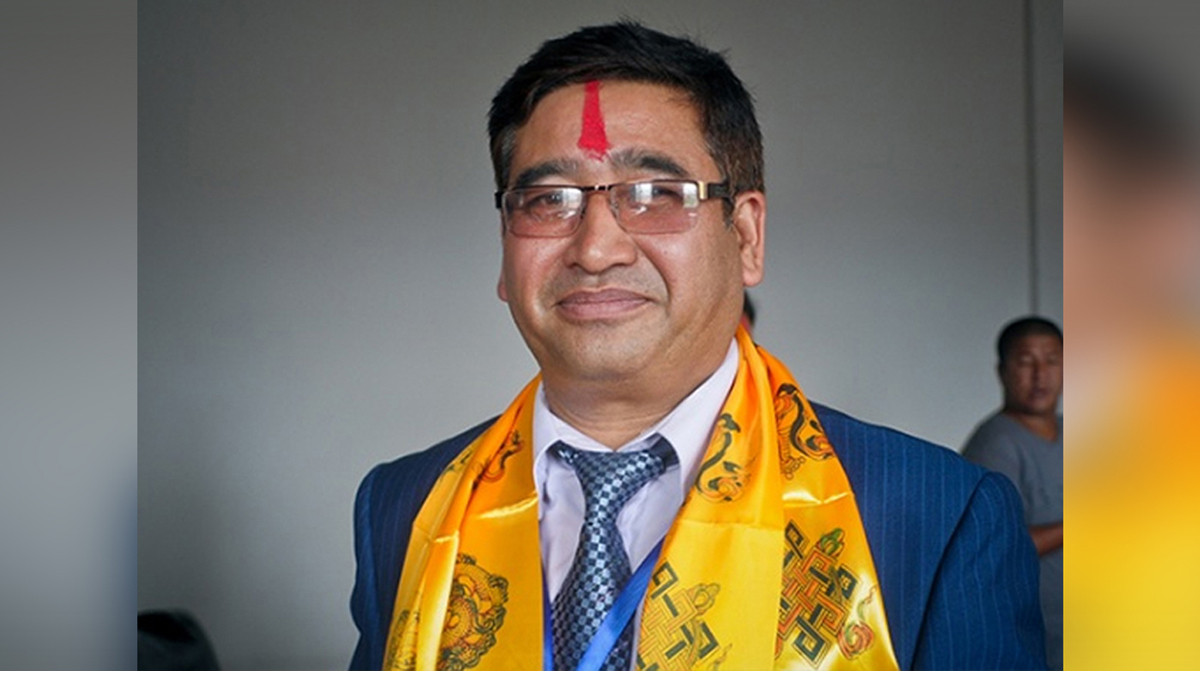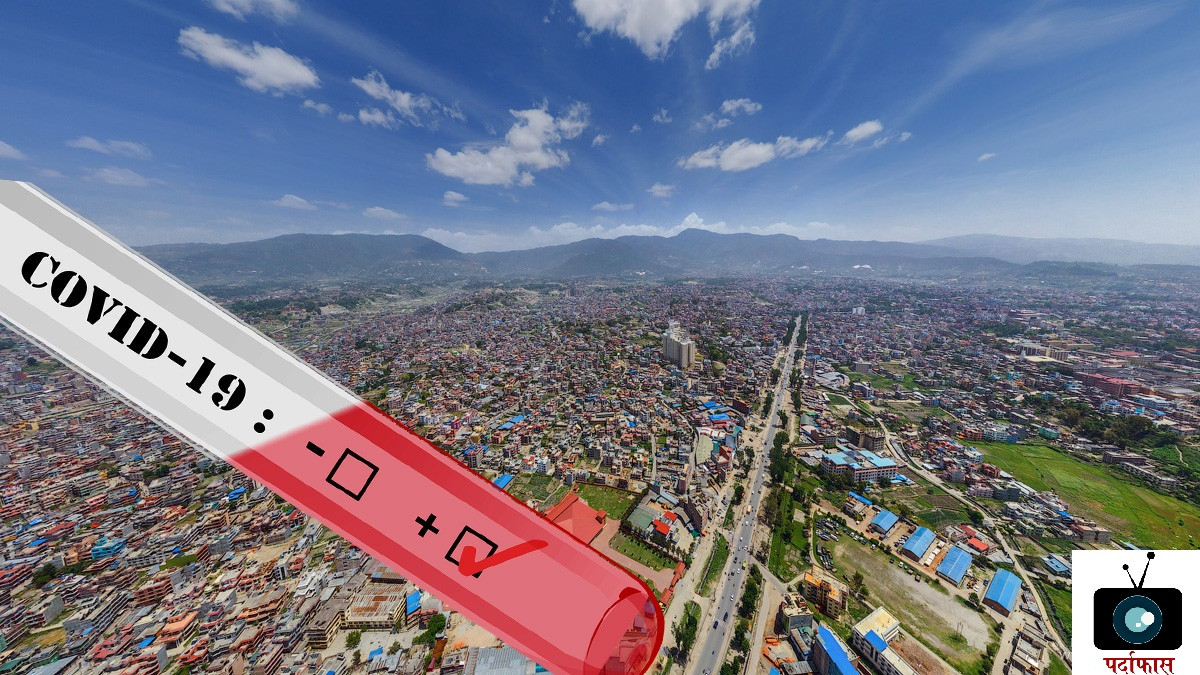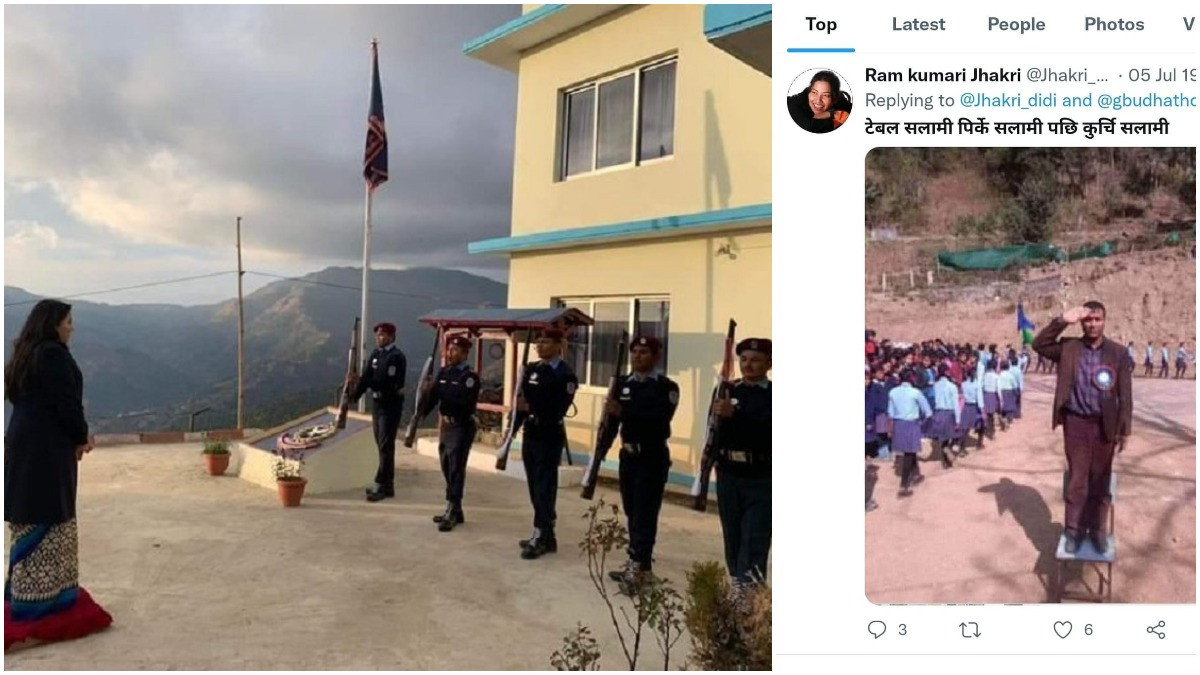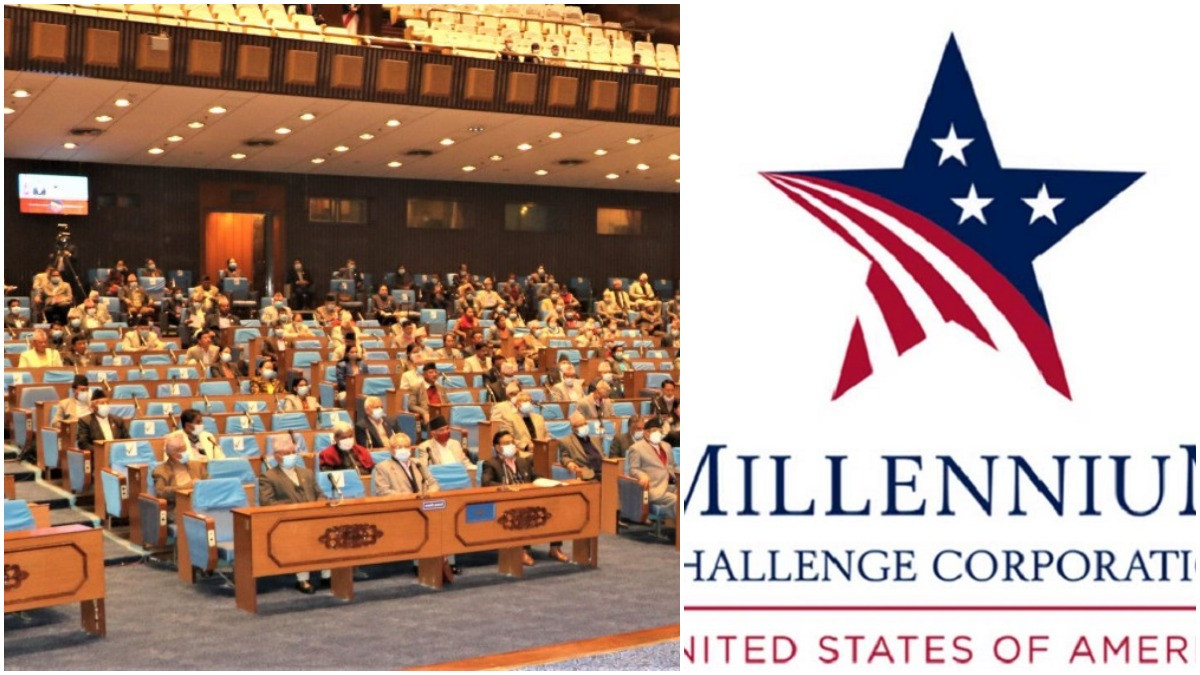
The House of Representatives has ratified the Millennium Challenge Corporation compact with interpretative declaration.
The ratification was followed by hours of intense debate in the Lower House of the Parliament, where the voters cast several 'for and against' opinion about thhe MCC.
After that Speaker Agni Prasad Sapkota declared that the MCC compact was ratified by the House as per Article 279 of the constitution on the basis of 'voice vote'.
The Sher Bahadur Deuba-led government secured the parliamentary ratification of the deal amidst the main opposition CPN-UML's continued obstruction of House proceeding. While the two ruling coalition partners - the CPN-Maoist Centre and CPN-Unified Socialist - which had been threatening to vote against the MCC compact, decided to back the deal with some interpretive declaration.
However, CPN-MC led by Pushpa Kamal Dahal and CPN-US led by Madhav Kumar Nepal changed their strategy after Deuba made a serious decission to break the coalition and form a new alliance with CPN-UML if they did not vote in favour of the MCC compact.
The US had set a deadline of February 28 to secure parliamentary ratification of the MCC compact. It has pledged to grant the $500 million for the construction of 400 kv Nepal's electricity transmission lines and road upgradation project.
During the discussion some leaders of the ruling coalition, particularly the communist parities opposed the compact. Former prime minister and Janata Samajbadi Party-Nepal leader Baburam Bhattarai said although the language of the MCC compact was a bit like a loan deed, there was nothing objectionable in the deal.
He said the issue became controversial due to geopolitical rivalry and strategic competition between great powers.
Nepali Congress lawmakers Minendra Rijal and Gagan Kumar Thapa, and Democratic Socialist Party-Nepal leader Mahantha Thakur also defended the MCC compact.
Gagan Thapa said the US should have to abide by the interpretive declaration. Further he aacused left parties saying that all the political parties, excluding the Nepal Workers and Peasants Party, were involved in MCC compact process.
CPN-UML lawmaker Bhim Rawal opposed the MCC deal calling it unequal and against national interests.


